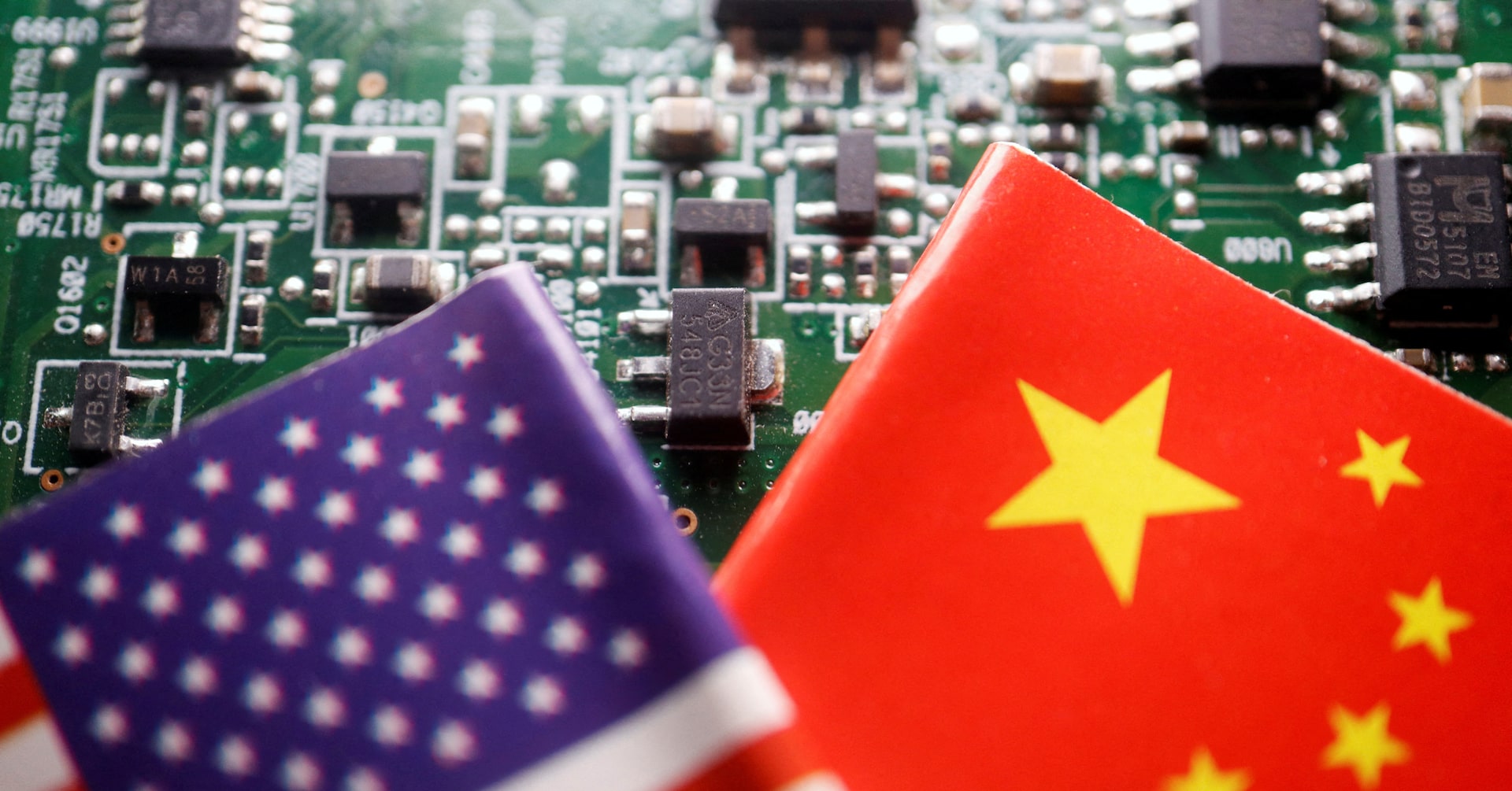Race for Global Tech Supremacy: Trump Nominee Warns of China's Rising Scientific Might

In a stark assessment of global technological competition, President Trump's nominee for the White House Office of Science and Technology Policy has highlighted China as the United States' most formidable rival in cutting-edge innovation and strategic technological development.
The nominee emphasized that the future of global leadership hinges critically on technological supremacy, warning that the race to dominate key scientific and technological sectors will fundamentally shape international power dynamics in the coming decades. With China rapidly advancing in fields like artificial intelligence, quantum computing, and advanced manufacturing, the stakes for American technological leadership have never been higher.
This candid evaluation underscores the growing technological tension between the world's two largest economies, signaling a critical moment in the global innovation landscape. The nominee's comments reflect a broader recognition that technological prowess is no longer just an economic advantage, but a crucial element of national security and global influence.
As the competition intensifies, the United States faces a pivotal challenge: maintaining its historical edge in scientific innovation while countering China's aggressive technological expansion. The outcome of this technological showdown could redefine the global balance of power for generations to come.

